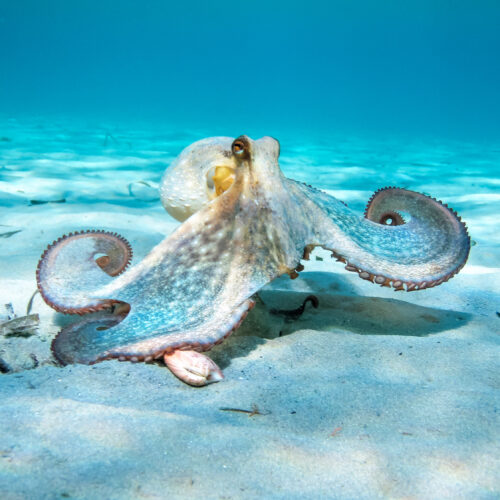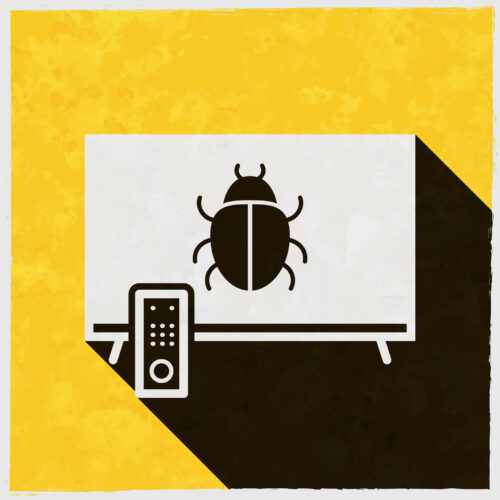Bonobos recognize when humans are ignorant, try to help

The key question, then, was whether the bonobos acted any differently when the experiment was set up behind the solid partition compared to when their human partner could see where the food was hidden.
The answer was yes. When the partition was solid, bonobos were quicker to start pointing to where the food was hidden, and they pointed more often during the 10 seconds between when the partition was removed and the researcher checked the cups for the food. One of the three bonobos tested was impatient and pointed a lot regardless of whether their partner knew which cup held the food, but even then pointed a bit more often when the solid partition was used.
I know what you’re thinking
All of that indicates that the bonobos can make inferences about the state of knowledge of a human partner and will adjust their behavior accordingly. So, at least on some level, the animals have a theory of mind that helps them accomplish things.
That said, the experiment created a pretty contrived situation. The bonobos were cooperating with a human, something that never occurs in the wild (the animals are pretty unlikely to ever come across food hidden under plastic cups, for that matter). There are some indications in wild populations that bonobos will adjust the warnings they give to their peers if said peers are unaware of the threat. That’s not a knock on this work, which was designed to test for similar behavior in a controlled manner, but just a reminder that we need to be cautious about generalizing these conclusions until we have evidence that doing so is warranted.
The bonobo, named Teco, who tended to point at the food a lot in all circumstances, also reminded us of another caution: animals are individuals, and they may have some quirks. With only three bonobos tested, we really don’t have a strong sense of the full spectrum of behavior we might see in a large group of this species.
Still, the work indicates that some of our close relatives have some aspects of a theory of mind, and there are contexts where they’ll put it to use for their benefit.
PNAS, 2025. DOI: 10.1073/pnas.2412450122 (About DOIs).











